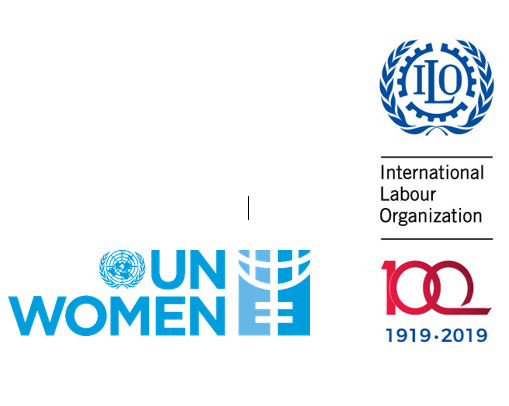Tripartite social dialogue involves governments and employers’ and workers’ organizations and plays an important role in framing national policy, relevant overarching measures and plans of action.
|
Tripartite social dialogue |
|
South African National Economic Development and Labour Council (NEDLAC) In South Africa, violence at work has been an important subject for the tripartite South African National Economic Development and Labour Council, including in the adoption of legislation on gender-based violence and the establishment of the Code of Good Practice on the Handling of Sexual Harassment Cases (National Economic Development and Labour Council, 1998). The Code contains guidance on sexual harassment prevention measures and related procedures, which employers are encouraged to develop to create “workplaces that are free of sexual harassment, where employers and workers respect one another’s integrity and dignity, their privacy, and their right to equity in the workplace” (National Economic Development and Labour Council, 1998, para. 1.3). The Code of Conduct has paved the way for bipartite bargaining councils to negotiate agreements on violence at work. For example, a Safety and Security Sectorial Bargaining Council (SSSBC) Agreement on sexual harassment in the workplace was agreed to in 2011 (SSBC, 2011).
|
|
Code of Practice on Sexual Harassment and Harassment at Work, Republic of Ireland The Code of Practice on Sexual Harassment and Harassment at Work was prepared by the Equality Authority with the approval of the Minister for Justice and Equality and agreed to in consultation with the national employers’ organization (IBEC) and the Irish Congress of Trade Unions (ICTU). The Code seeks the promotion of “working environments free of sexual harassment and harassment and in which the dignity of everyone is respected” (Irish Statue Book, 2012, p.5). It introduces employers and workers and their organizations to the concepts of harassment and sexual harassment in the workplace, and provides practical guidance on prevention measures and effective procedures to respond to sexual harassment and prevent its recurrence. The Code states that an employer is legally responsible for the sexual harassment experienced by workers in the course of their work, unless practicable steps were taken “to prevent sexual harassment and harassment from occurring, to reverse the effects of it and to prevent its recurrence” (Irish Statue Book, 2012, p.5). Employers are encouraged to take steps through the adoption, implementation and monitoring of a comprehensive policy on sexual harassment and harassment. Guidance is given regarding what to include in policies and procedures, agreed between employers and trade union representatives. Furthermore, the code notes that “in so far as practicable clients, customers and business contacts should also be consulted” (Irish Statue Book, 2012, p.5). |
